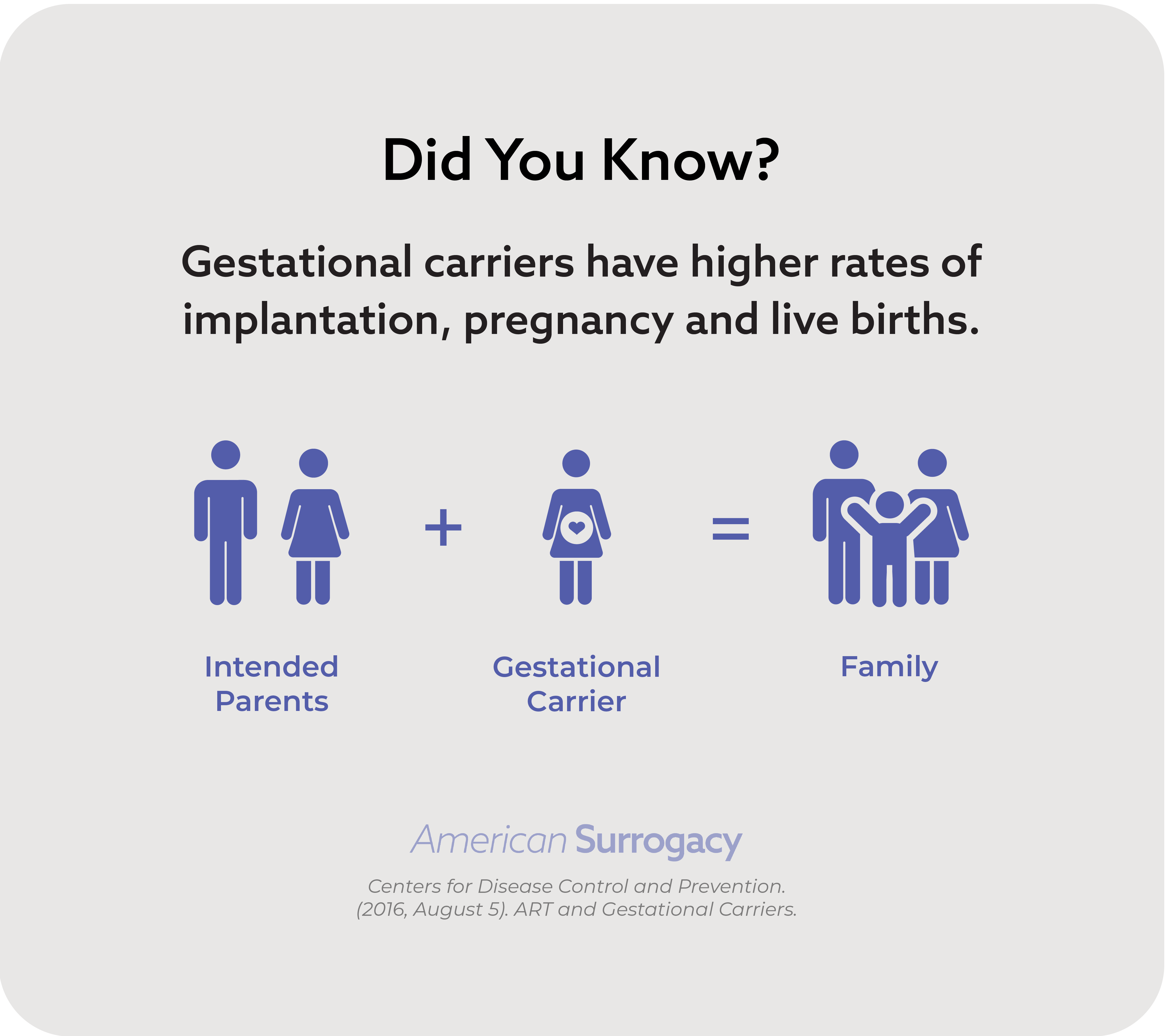Starting your family is an exciting journey, but the cost of in vitro fertilization (IVF) with donor eggs can seem overwhelming. You’re likely wondering what the entire process will look like for your budget. By knowing what to expect, you can better prepare for the financial aspects of this family-building option. This article will break down egg donor costs, explain the factors that influence these expenses and help you understand the differences between various donor options. If you're ready to take the next step, you can learn more about finding an egg donor and moving one step closer to becoming a parent.
How Much Do Donor Eggs Cost?
Donor egg costs can vary, ranging from $10,000 to $20,000 for 6-8 eggs.
This cost depends on several factors, such as whether you use fresh or frozen eggs, the type of egg donor facility you choose, and any additional services you require.
With additional services needed such as embryo creation, testing, storage and the frozen transfer, one donor egg IVF cycle can cost $25,000-$30,000. Many people undergo two or three cycles to achieve success.
Some fertility clinics offer donor egg IVF packages with 6-8 donor eggs, embryo creation and a frozen embryo transfer.
Donor egg banks typically only offer pricing per cohort of donor eggs. Here are some examples of egg bank costs:
- Pinnacle Egg Bank: 6-8 eggs with a 1 blastocyst guarantee: $18,650.
- Fairfax Egg Bank: 6-8 eggs: $19,300
- Egg Bank America: Standard and premium packages of 6-8 eggs: $17,000 to $20,000
- Donor Nexus: 6-8 eggs: $19,500.
Why Are Donor Eggs So Expensive?
Donor eggs come with a high price tag for several reasons. The egg retrieval and donation processes involve extensive time and effort on behalf of the donor.
Medical testing, a psychological evaluation and legal fees all ensure that the donation is handled safely and ethically.
Additionally, compensation for the donor and agency fees for matching services can be high.
These steps are in place to ensure that the entire process runs smoothly for everyone involved, providing peace of mind for you and the donor.
What Factors Affect Donor Egg Costs?
Several factors influence the overall cost of donor eggs. Each option offers advantages and challenges, so you will want to consider more than price when deciding how to grow your family.
Here’s a look at the four different types of egg donor facilities and their unique considerations: These clinics usually provide comprehensive services, including egg retrieval, IVF and embryo transfers. They often have a full medical team on-site, which can make them more expensive but convenient. These banks store eggs that have already been retrieved and are ready to be used. Frozen eggs tend to be more affordable because they don’t require as many medical appointments. Agencies specialize in matching you with a donor, but you may have to coordinate medical procedures through a separate fertility clinic. This can add extra egg donor costs. If you know your donor personally, costs may be lower since you won’t need matching services. However, legal contracts and medical screening for both parties are still required.Types of Egg Donor Facilities
Anonymous vs. Known Egg Donors
Egg donor costs can vary based on the type of donor you choose and the level of communication you want. In general, there are two main options: anonymous and known egg donors.
Anonymous donors are typically found through agencies or egg banks. While you’ll have access to the details in the donor’s profile, you won’t be able to develop a personal relationship with them.
A known donor, on the other hand, is someone you’re already familiar with or a donor who is open to maintaining some contact.
This can be valuable if you want the option of sharing more information with your child in the future. However, working with a known donor can come with additional costs, such as legal fees and counseling services.
Ultimately, the best choice depends on your family-building goals and how much involvement you’d like with the donor.
There are two types of donor eggs: frozen and fresh. Frozen eggs are eggs that have already been retrieved, frozen and stored in an egg bank. These eggs can be used whenever you’re ready, making them a convenient and often more affordable option. Fresh eggs, on the other hand, are retrieved after you’ve selected a donor. This means the timing depends on the donor’s availability. Fresh egg retrieval also requires coordinating the donor’s and recipient’s cycles, adding some logistical challenges. Here’s a quick look at the pros and cons of frozen vs. fresh donor eggs: Lower cost More readily available No need to sync cycles Higher cost Less availability Potentially higher success ratesFrozen vs. Fresh Donor Eggs
Pros and Cons of Frozen Eggs
Pros and Cons of Fresh Eggs
Egg Donor Costs and Surrogacy
If you’re considering using surrogacy with donor eggs to grow your family, it’s important to budget accordingly.
While egg donation involves its own set of fees, such as compensation for the donor and medical procedures, surrogacy adds further costs that you'll need to factor in.
As you plan, make sure to account for the following surrogacy-related fees:
-
Marketing and advertising to find surrogates
-
Surrogate screening
-
Financial protection program
-
Matching fee
-
Surrogate compensation
-
Legal fees
-
Travel costs
-
Prenatal expenses
-
And more

Once you have both eggs and sperm, you’ll be ready to create embryos. Depending on your goals, the next step is either an IVF transfer or matching with a surrogate. If you want to learn more about the cost of gestational surrogacy, you can learn more online. You can also get in touch with a surrogacy specialist by filling out or contact form. We’re here to help you navigate the surrogacy process and make the best decision for your future.Taking the Next Step in Your Family-Building Journey